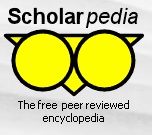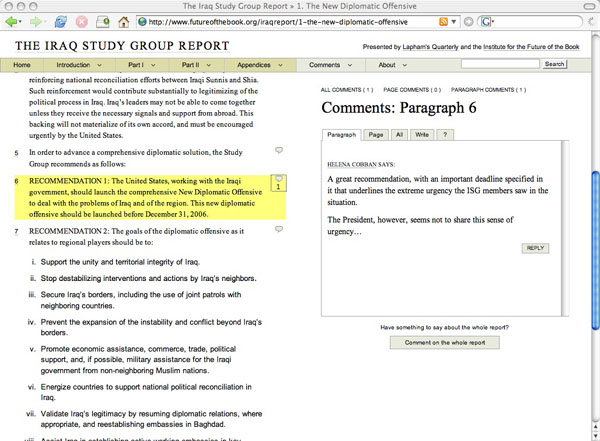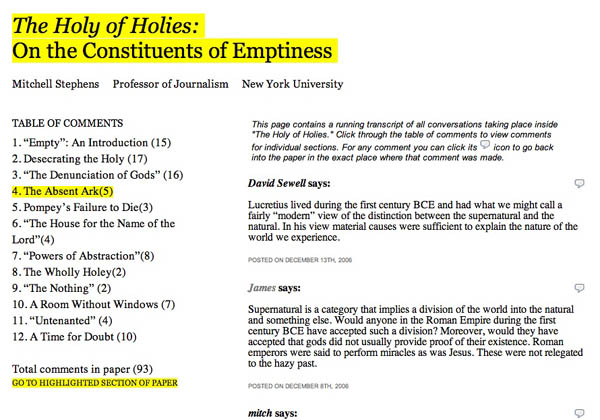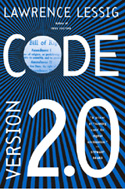Last week, the London Times reported that the Wikipedia founder, Jimbo Wales, was announcing a new search engine called “Wikiasari.” This search engine would incorporate a new type of social ranking system and would rival Google and Yahoo in potential ad revenue. When the news first got out, the blogosphere went into a frenzy; many echoing inaccurate information – mostly in excitement – causing lots confusion. Some sites even printed dubious screenshots of what they thought was the search engine.
Alas, there were no real screenshots and there was no search engine… yet. Yesterday, unable to make any sense what was going on by reading the blogs, I looked through the developer mailing list and found this post by Jimmy Wales:
The press coverage this weekend has been a comedy of errors. Wikiasari was not and is not the intended name of this project… the London Times picked that off an old wiki page from back in the day when I was working on the old code base and we had a naming contest for it. […] And then TechCrunch ran a screenshot of something completely unrelated, thus unfortunately perhaps leading people to believe that something is already built about about to be unveiled. No, the point of the project is to build something, not to unveil something which has already been built.
And in the Wikia search webpage he explains why:
Search is part of the fundamental infrastructure of the Internet. And, it is currently broken. Why is it broken? It is broken for the same reason that proprietary software is always broken: lack of freedom, lack of community, lack of accountability, lack of transparency. Here, we will change all that.
So there is no Google-killer just yet, but something is brewing.
From the details that we have so far, we know that this new search engine will be funded by Wikia Inc, Wales’ for-profit and ad-driven MediaWiki hosting company. We also know that the search technology will be based on Nutch and Lucene – the same technology that powers Wikipedia’s search. And we also know that the search engine will allow users to directly influence search results.
I found interesting that in the Wikia “about page”, Wales suggests that he has yet to make up his mind on how things are going to work, so suggestions appear to be welcome.
Also, during the frenzy, I managed to find many interesting technologies that I think might be useful in making a new kind of search engine. Now that a dialog appears to be open and there is good reason to believe a potentially competitive search engine could be built, current experimental technologies might play an important role in the development of Wikia’s search. Some questions that I think might be useful to ponder are:
Can current social bookmarking tools, like del.icio.us, provide a basis for determining “high quality” sites? Will using Wikipedia and it’s external site citing engine make sense for determining “high quality” links? Will using a Digg-like, rating system result spamless or simply just low brow results? Will a search engine dependant on tagging, but no spider be useful? But the question I am most interested in is whether a large scale manual indexing lay the foundation for what could turn into the Semantic Web (Web 3.0)? Or maybe just Web 2.5?
The most obvious and most difficult challenge for Wikia, besides coming up with a good name and solid technology, will be with dealing with sheer size of the internet.
I’ve found that open-source communities are never as large or as strong as they appear. Wikipedia is one of the largest and one of the most successful online collaborative projects, yet just over 500 people make over 50% of all edits and about 1400 make about 75% of all edits. If Wikia’s new search engine does not generate a large group of users to help index the web early on, this project will not survive; A strong online community, possibly in a magnitude we’ve never seen before, might be necessary to ensure that people-powered search is of any use.

 At first, this sounded to me a lot like Larry Sanger’s
At first, this sounded to me a lot like Larry Sanger’s 

